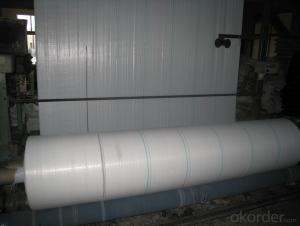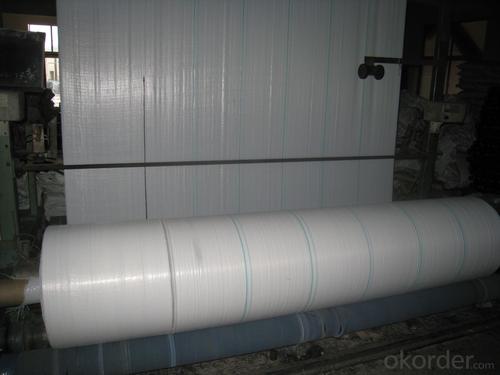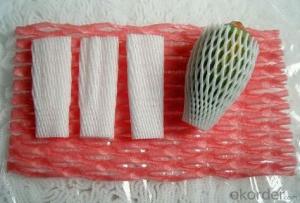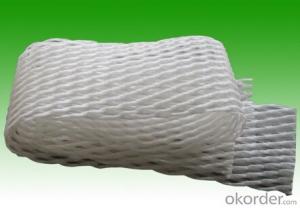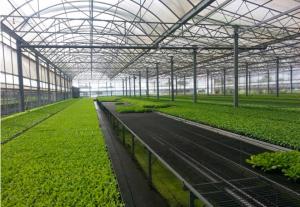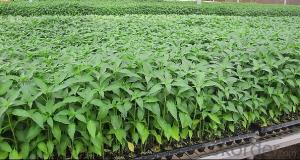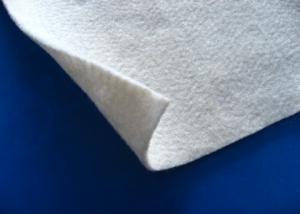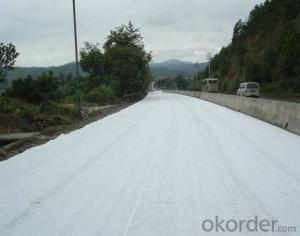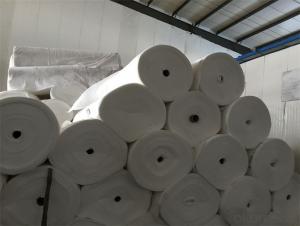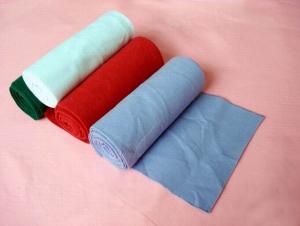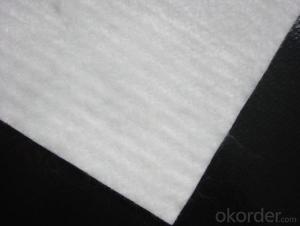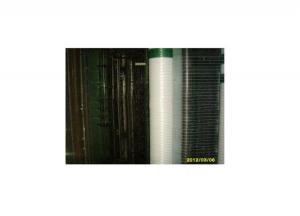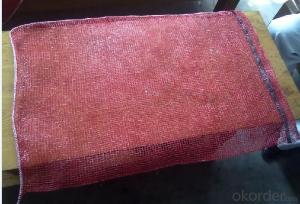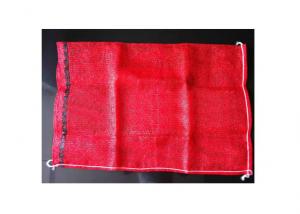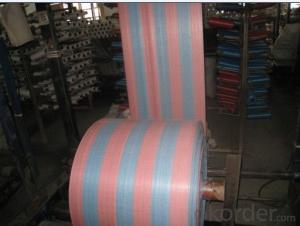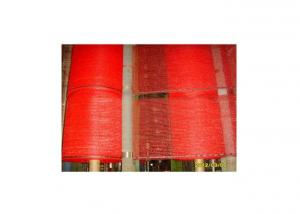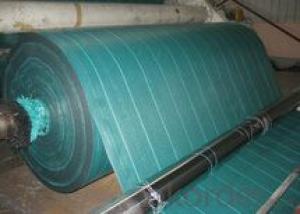PP woven fabric for geotextile
- Loading Port:
- China Main Port
- Payment Terms:
- TT OR LC
- Min Order Qty:
- -
- Supply Capability:
- -
OKorder Service Pledge
OKorder Financial Service
You Might Also Like
Name: PP woven fabric for weed control and water savings
Feature:
Material: PP, virgin material or recycled material
Unit weight: 140g, 175g, 180g, 200g, 230g, 260g, 300g, 350g, 420g, 480g, 670g
Width: 50cm-600cm
Length: As per ur request
Color: Black with green/white grid
Tearing strength: From 0.5 to 2.2kN
Mesh: 10*10, 12*12, 14*14
UV stabilized: Up to your request
Function:
1. Cover crops in the ground surface
2. Can prevent weeds
3. Controlling soil humidity and the temperature
4. Against the insect
5. Does not affect the growth of the crops
6. Long service life
- Q: What are the raw materials of plastic products in life? Resin? Or oil?
- Molding powder: also known as plastic powder, mainly by thermosetting resins (such as phenolics) and fillers, such as through the full mixing, pressing and grinding and get. Such as phenolic plastic powder.Reinforced plastics: a class of plastics reinforced with reinforcing material and with greater mechanical properties than the original resin.Foam: overall contains countless microporous plastic.Thin film: generally refers to the thickness of O.25 mm below the smooth and soft plastic products.
- Q: Are nursery trays suitable for starting shrubs?
- Yes, nursery trays are suitable for starting shrubs. They provide a controlled environment for seedlings, allowing for proper root development and easy transplanting. The trays also help to organize and manage multiple shrubs, making it convenient for nurseries and gardeners.
- Q: What are the benefits of using ground cover?
- Using ground cover has several benefits. First, it helps to suppress weed growth, reducing the need for herbicides and manual weeding. Second, ground cover helps to retain soil moisture, reducing the need for frequent watering. Third, it can improve soil health by preventing erosion and adding organic matter as it decomposes. Additionally, ground cover can enhance the aesthetic appeal of a garden or landscape, providing a lush and colorful backdrop. Lastly, it can attract beneficial insects and pollinators, promoting biodiversity and ecological balance.
- Q: How do you choose ground cover that tolerates hot, dry climates?
- When choosing ground cover for hot, dry climates, it is important to select plants that are drought-tolerant and can withstand high temperatures. Look for plants that have thick, waxy leaves or small, needle-like foliage, as these are often adapted to conserve water. Additionally, opt for plants with deep root systems that can access moisture deep below the surface. Some suitable options include succulents, such as sedums and ice plants, as well as Mediterranean herbs like thyme and rosemary. Consider consulting with local nurseries or horticulture experts who are knowledgeable about plants that thrive in your specific climate.
- Q: What are some ground cover options for rocky soil?
- Some ground cover options for rocky soil include creeping thyme, sedum, creeping phlox, ice plant, and moss.
- Q: How are plastic livestock water troughs used in agriculture?
- Plastic livestock water troughs are commonly used in agriculture to provide a constant and reliable water source for livestock such as cattle, horses, or sheep. These troughs are durable, easy to clean, and resistant to corrosion, making them ideal for outdoor use in various weather conditions. They can be connected to a water supply system or filled manually, ensuring that animals have access to fresh water at all times. Additionally, plastic troughs are often designed with features like float valves or ballcocks to automatically regulate the water level, preventing overflow and wastage. Overall, these troughs play a crucial role in maintaining the health and well-being of livestock, promoting efficient hydration and supporting optimal growth and productivity.
- Q: Can nursery trays be used for starting perennial flower seeds?
- Yes, nursery trays can be used for starting perennial flower seeds. The trays provide a controlled environment for germination and growth, allowing the seeds to establish strong root systems before transplanting them into the garden.
- Q: This question asks about the methods employed by farmers to handle plastic waste generated in agricultural activities.
- <p>Farmers manage their agricultural plastic waste through various methods. They often recycle or reuse plastic materials like irrigation pipes and greenhouse films. Some farmers collect and sell the waste to recycling centers, while others use it as a raw material for energy production through processes like pyrolysis or incineration. Proper disposal in designated landfills is also practiced. Additionally, there is a growing trend towards the use of biodegradable plastics to reduce environmental impact. Education and awareness programs play a crucial role in encouraging responsible waste management practices among farmers.</p>
- Q: Are nursery trays suitable for starting bonsai trees?
- Yes, nursery trays can be suitable for starting bonsai trees. They provide a convenient and affordable option for beginning bonsai enthusiasts to germinate and grow their trees. However, it is important to consider the size and depth of the trays, as bonsai trees require adequate space for their roots to develop and thrive. Additionally, proper care and attention, such as regular pruning and repotting, will be necessary to shape and maintain the desired bonsai form.
- Q: Is it possible to recycle and reuse biodegradable adhesive agents in agricultural applications?
- <p>Biodegradable adhesive agents can potentially be recycled and reused in agriculture, but their practicality depends on several factors. These include the specific composition of the adhesive, its degradation rate, and the environmental conditions in which it is used. Some biodegradable adhesives, like those made from starch or cellulose, can be broken down by microorganisms and potentially reintegrated into the soil. However, the process of recycling these adhesives for reuse may not be straightforward and could require additional processing to ensure they are safe and effective for agricultural use. Further research and development are needed to establish efficient recycling methods and to determine the full potential of these materials in agricultural applications.</p>
Send your message to us
PP woven fabric for geotextile
- Loading Port:
- China Main Port
- Payment Terms:
- TT OR LC
- Min Order Qty:
- -
- Supply Capability:
- -
OKorder Service Pledge
OKorder Financial Service
Similar products
Hot products
Hot Searches
Related keywords
